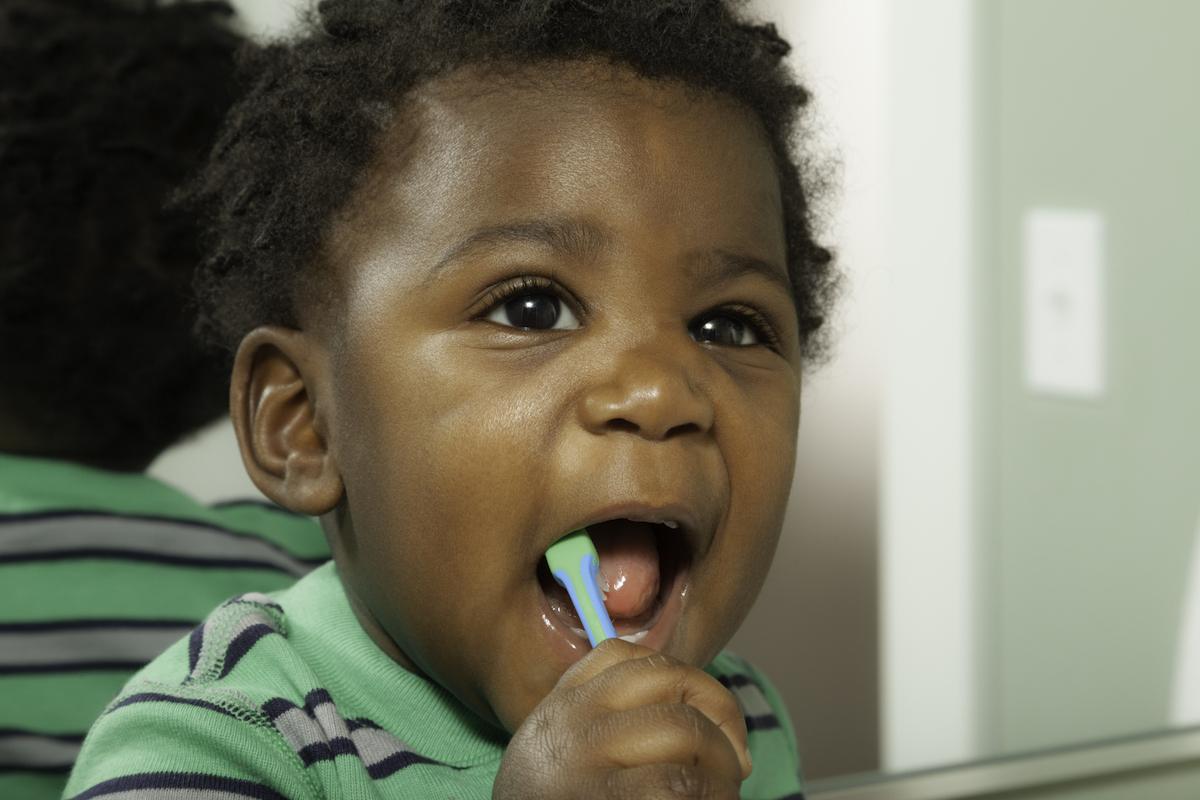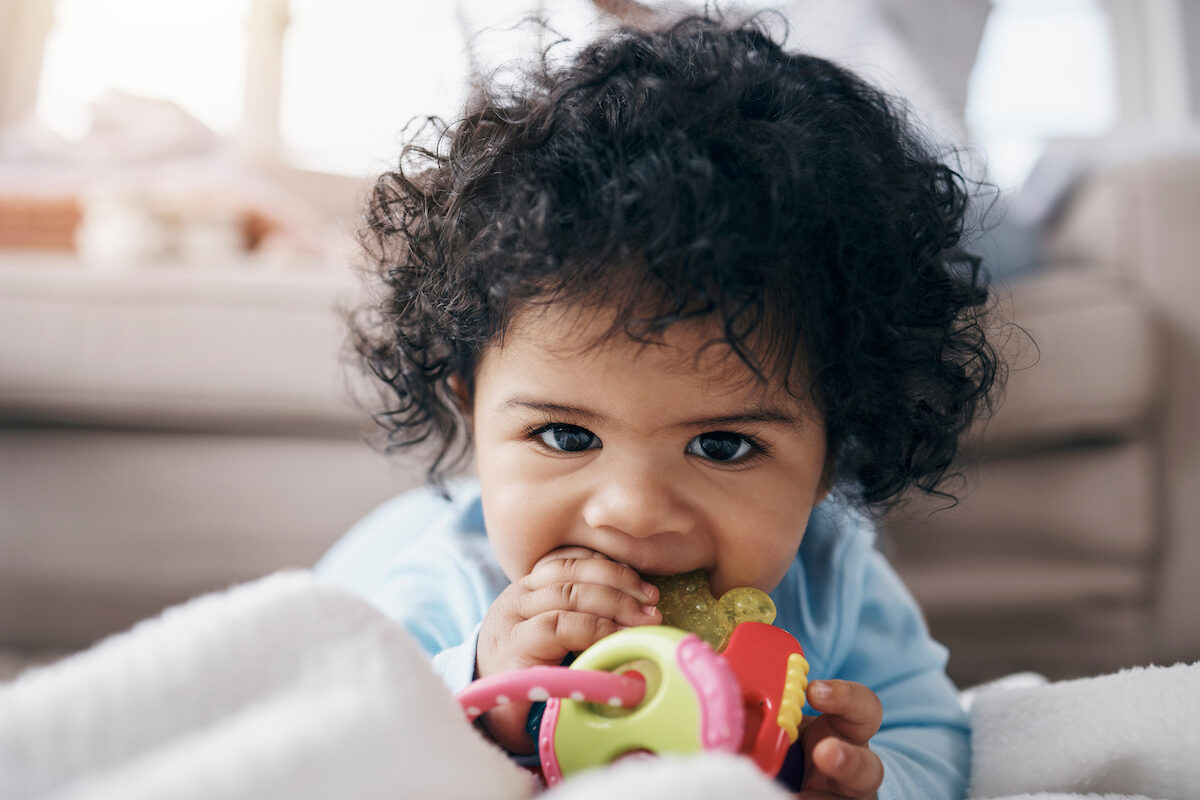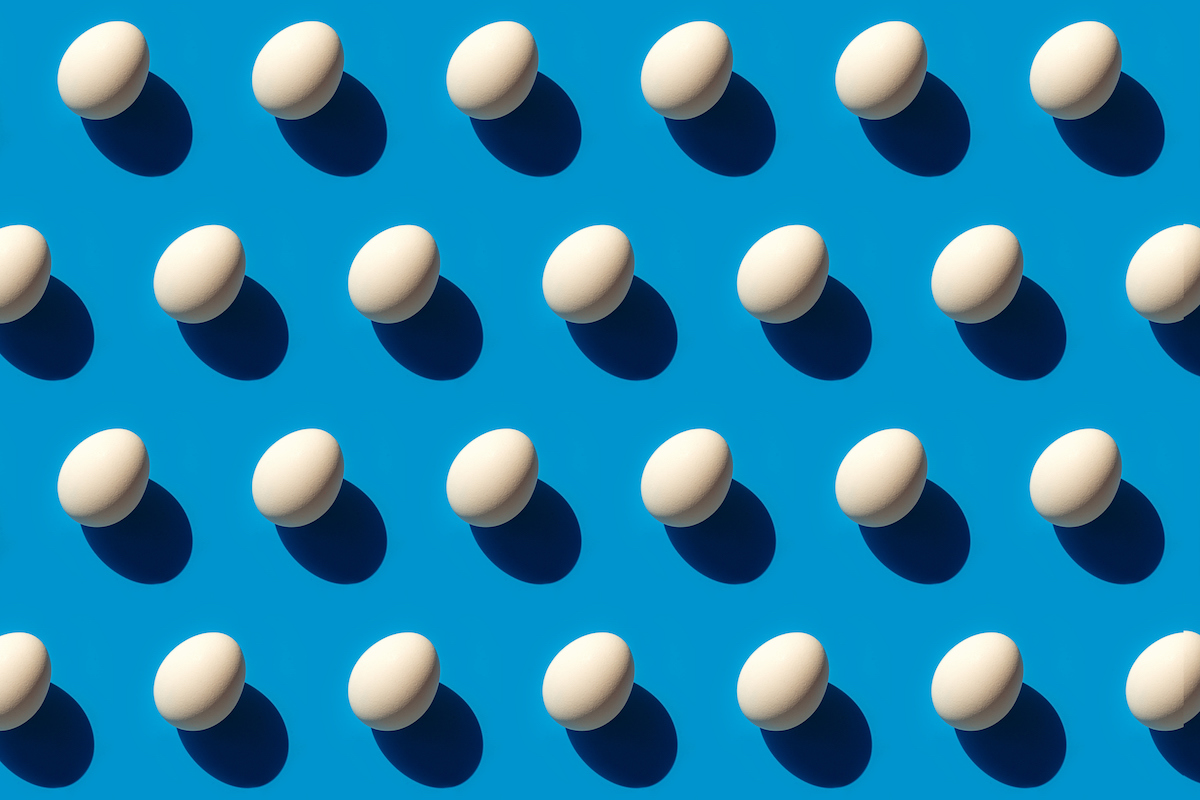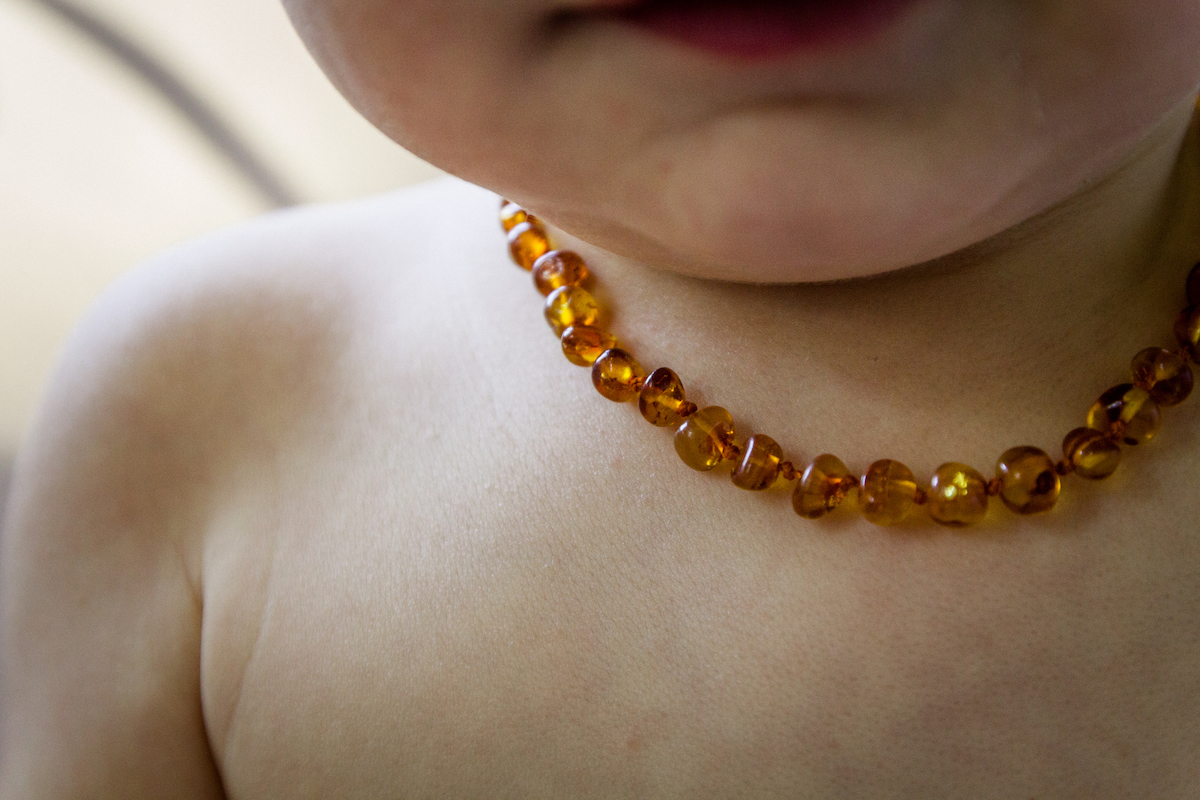A while ago, one of my children was coming off one of the billion illnesses we had that fall, and he hadn’t been eating much. On a Saturday morning, I left out his muffin from breakfast on the table, in the hopes that he’d eat a bit more before we headed out.
When Jesse came down, he was skeptical about the muffin remainder. “Didn’t he already brush his teeth?”
Eager to defend my choices, I pointed out that recently I saw a reel on Instagram in which a dentist said you should brush before meals, so this muffin thing was totally fine. Jesse wasn’t especially excited about taking advice from Instagram dentists. In addition, he pointed out some internal inconsistencies. If, in fact, brushing before breakfast was better, then we were doing it wrong all the time and should alter our behavior, not just use it as an excuse for midmorning muffins.
“Why don’t you write a newsletter on this?” he asked. “Probably a lot of people would want to know.” Sometimes Jesse’s instincts on what people are interested in are not spot-on (after all, we are discussing a person whose last published paper is entitled “Visualization, identification, and estimation in the linear panel event-study design”). But I was curious enough myself to look into it.
So here is my dive into the question of when you should brush your teeth. This is admittedly a somewhat narrow question, but I do like to settle a family argument. If you want more on teeth, I also wrote about toddler teeth more generally back in 2020 and about fluoride toothpaste concerns just recently.
What is toothbrushing for?
To answer the question of timing, we need to understand what toothbrushing is for. One answer is “it makes your breath smell nice,” but that’s not the dentist’s answer. If that’s all you wanted to do, gum would work fine. Brushing your teeth is an opportunity to (1) remove food debris and (2) remove plaque from your teeth. These are important because both food debris and plaque can eat away at your enamel.
Enamel is the coating that protects your teeth from decay. If the enamel wears away, bacteria gets into the material underneath, and that’s how you get cavities.
Enamel’s main enemy is acid. So tooth protection largely involves trying to avoid acid sitting around on your teeth. Plaque is a film of bacteria, and bacteria produce acid as part of their metabolic process. Food debris also attracts bacteria, which, again, give off acid. So if you’re sitting around with a lot of food between your teeth and plaque all over them, the bacteria are hard at work producing acid to eat up your enamel and make your teeth weak and at risk for cavities.
Toothbrushing serves to both remove food debris and to remove plaque. It is worth noting that toothbrushing specifically (as opposed to general mouth hygiene) is most useful in removing plaque. For removing food debris, flossing or rinsing or using a water flosser is possibly similarly helpful.
Please note: to fully remove plaque with toothbrushing, you want to brush for at least two minutes, and more time is better.
When should I brush my teeth?
The background on toothbrushing is important, because we need to be clear on our goal of keeping the enamel healthy. If the goal was to arrive at work with a mouth full of minty freshness, then you definitely need to brush after breakfast. But again, that is not the goal. For that, get some Altoids.
In terms of our enamel goals, the obvious argument in favor of brushing after breakfast is removal of food debris. I often eat oatmeal or raisins, or both, for breakfast, and they do get stuck in your teeth. However: there is a countervailing issue, and that was presumably what motivated the Instagram dentist.
The issue is nicely discussed in this review article. Basically, high-acidity foods soften your enamel and make it more easily removed by brushing. This effect is transitory — by an hour or even 30 minutes later, your saliva has eliminated the acid and the enamel has hardened. What this means, though, is that if you eat a lot of highly acidic foods and then brush your teeth immediately, you may be removing food debris and plaque but also possibly directly removing the enamel. Which, of course, is the thing you want to avoid doing!
(The dentist-speak for this, which I love, is that you should be cautious about brushing after an “erosive attack.” It brings to mind little grapefruit particles, stomping across your teeth with their sabers raised.)
What is a highly acidic food? Here is one list, and I’m sure you can find others. Citrus fruits and juices. Wine. Soda and flavored fizzy drinks of all types. Many other kinds of fruit. Anything with a lot of sugar. If you eat orange slices and grapefruit juice for breakfast and then brush your teeth, you may have done more harm than good.
What does this mean?
There are basically two different scenarios.
First: let’s say your typical breakfast is a bowl of cereal and milk, not very highly acidic foods. In this case, it really doesn’t matter when you brush your teeth. Brushing after breakfast is fine, and probably preferable for removing food debris.
Second: let’s imagine your typical breakfast is more highly acidic. A very sweet muffin and citrus fruit, say. In this case, it may be a bad idea to brush right after. Especially if, like me, you are a person prone to dental issues.
This recommendation is a bit complicated because it leaves you at risk of food debris in your teeth. If you do not brush after eating, there is still value in removing food debris. As noted above, though, flossing or water flossing or even just aggressive rinsing will do a lot of work on the food debris side.
If you’re a person who eats acidic breakfasts or thinks that you might be doing so, consider brushing first and rinsing after.
Family planning
I am the person in my family with the worst teeth. Once I broke a tooth on an oyster cracker. It was at a student lunch and it was extremely embarrassing.
I usually eat berries at breakfast, which are moderately acidic, along with granola that I assume has a fair bit of sugar in it. Therefore, as of this writing, I am going to change my behavior. I am going to start brushing my teeth when I first wake up and then use a water flosser (we have this one) after.
This marks among the first times that one of my newsletters has actually changed my behavior (the allowance discussion was another).
My kids do not eat acidic foods for breakfast, I am loath to change their routines, and they do not have a water flosser, so I am not going to recommend they do anything different.
I am unsure of what to advise Jesse, a person with much better tooth quality who also eats a moderately acidic breakfast. So I will just leave it there. Jesse, if you are listening to this on the ParentData podcast, happy to discuss.
Community Guidelines















